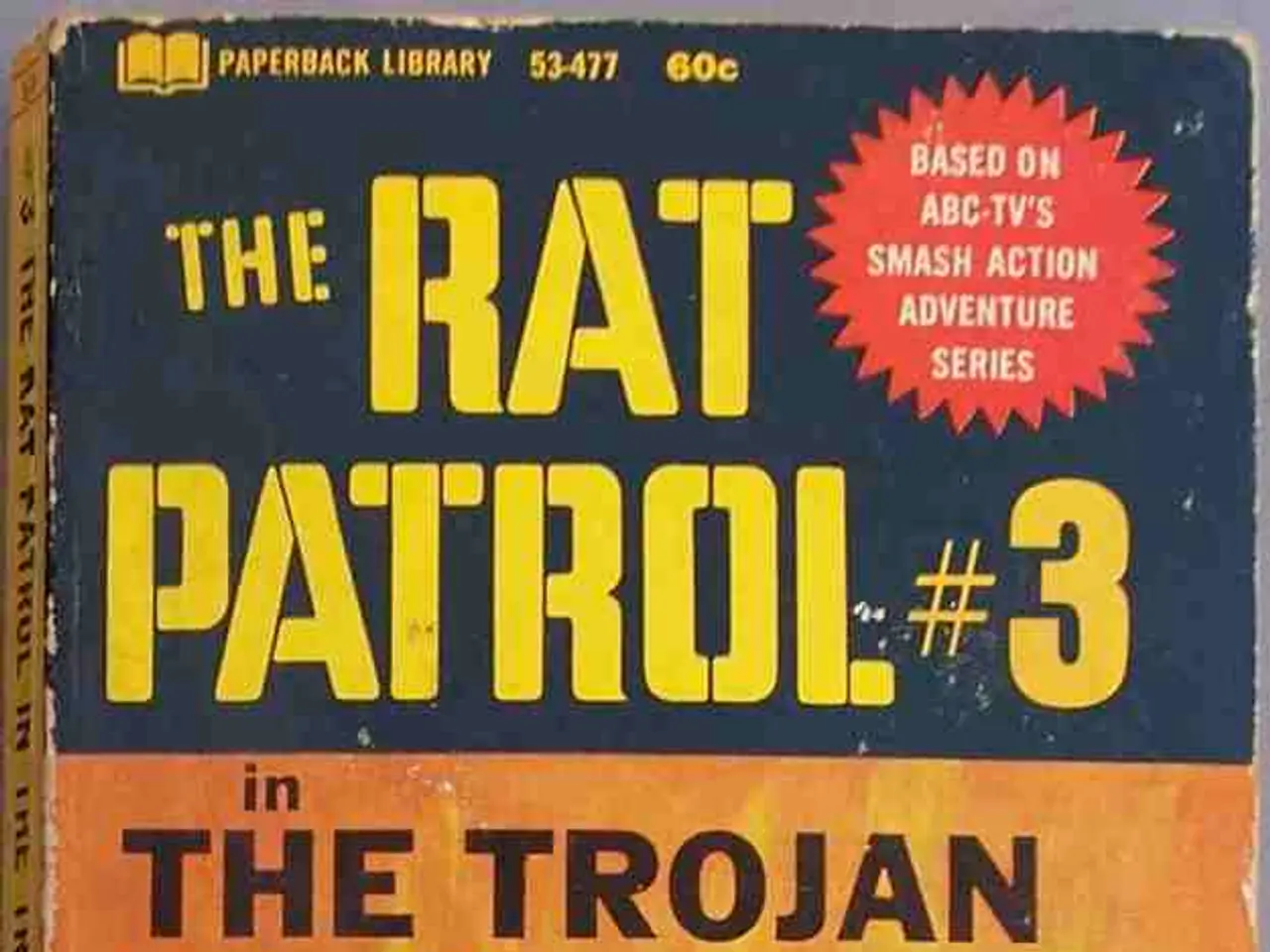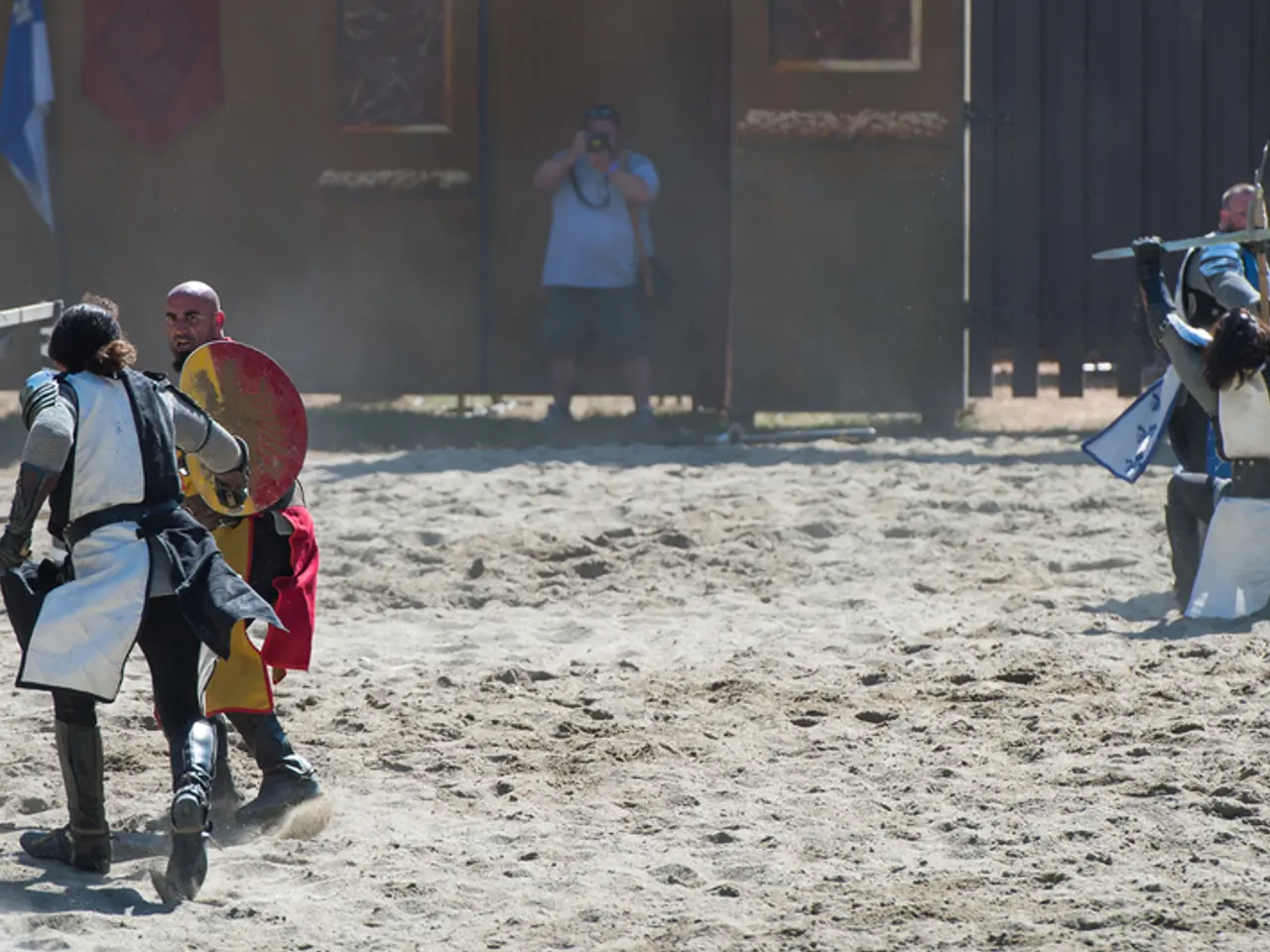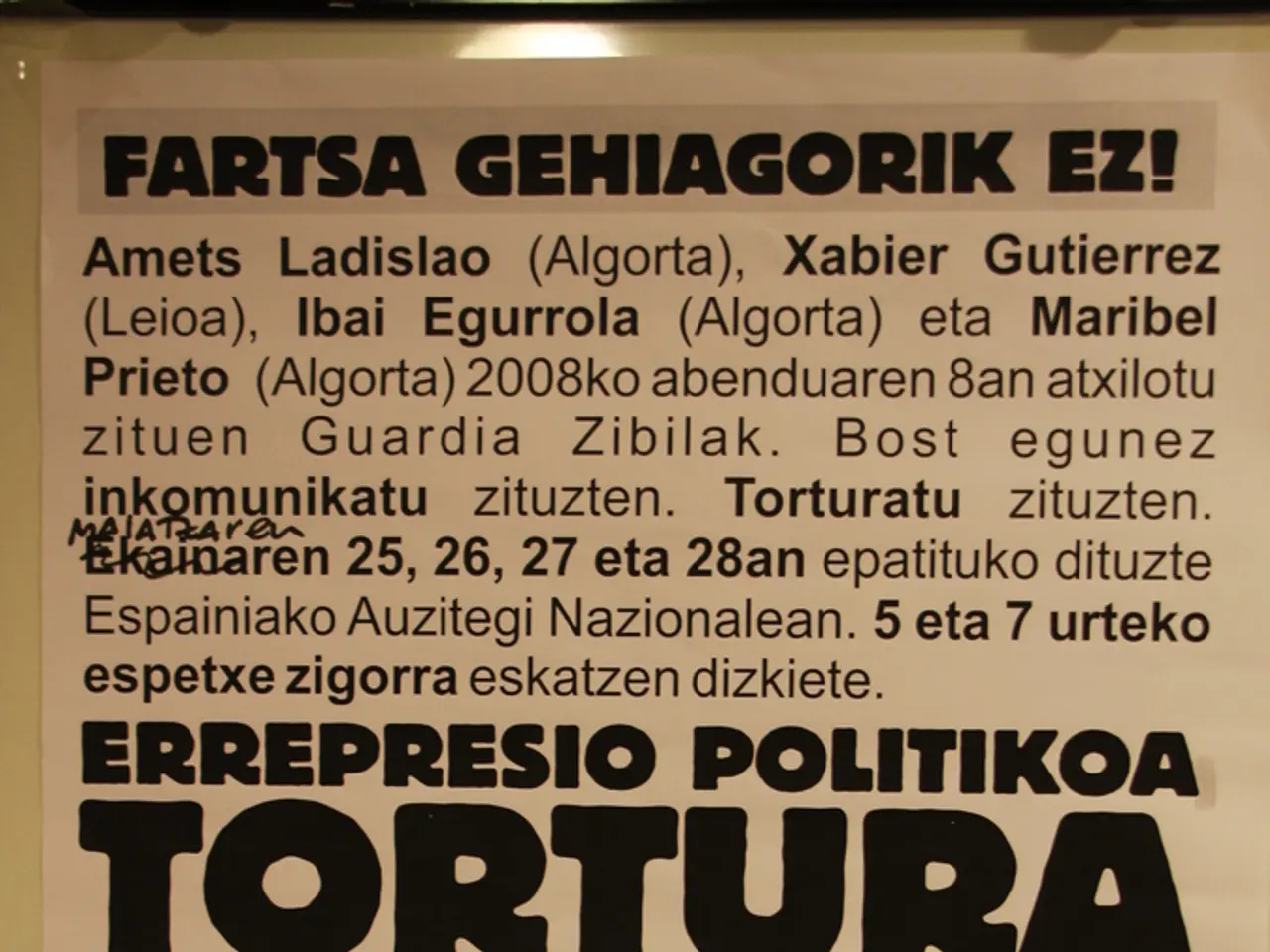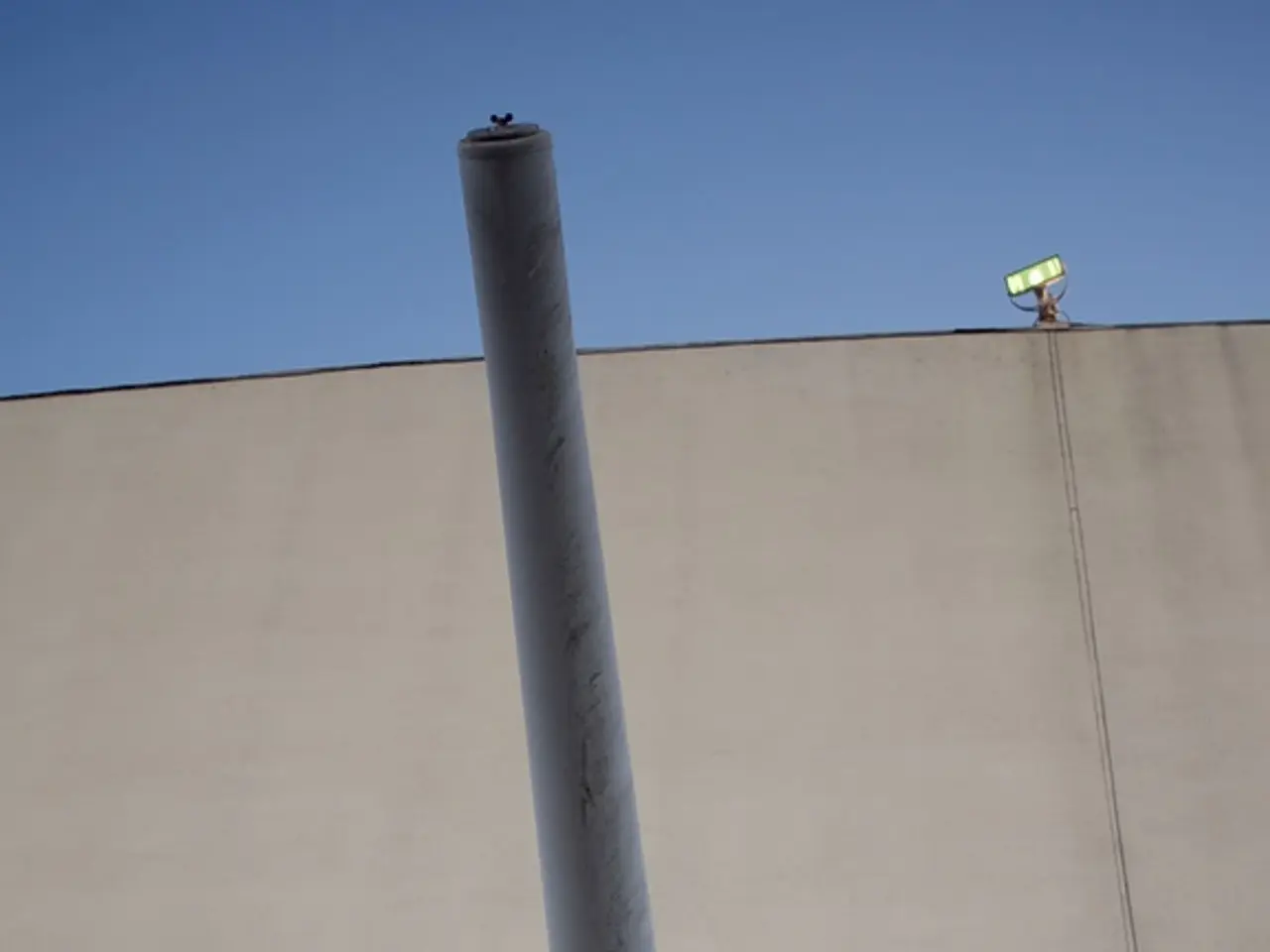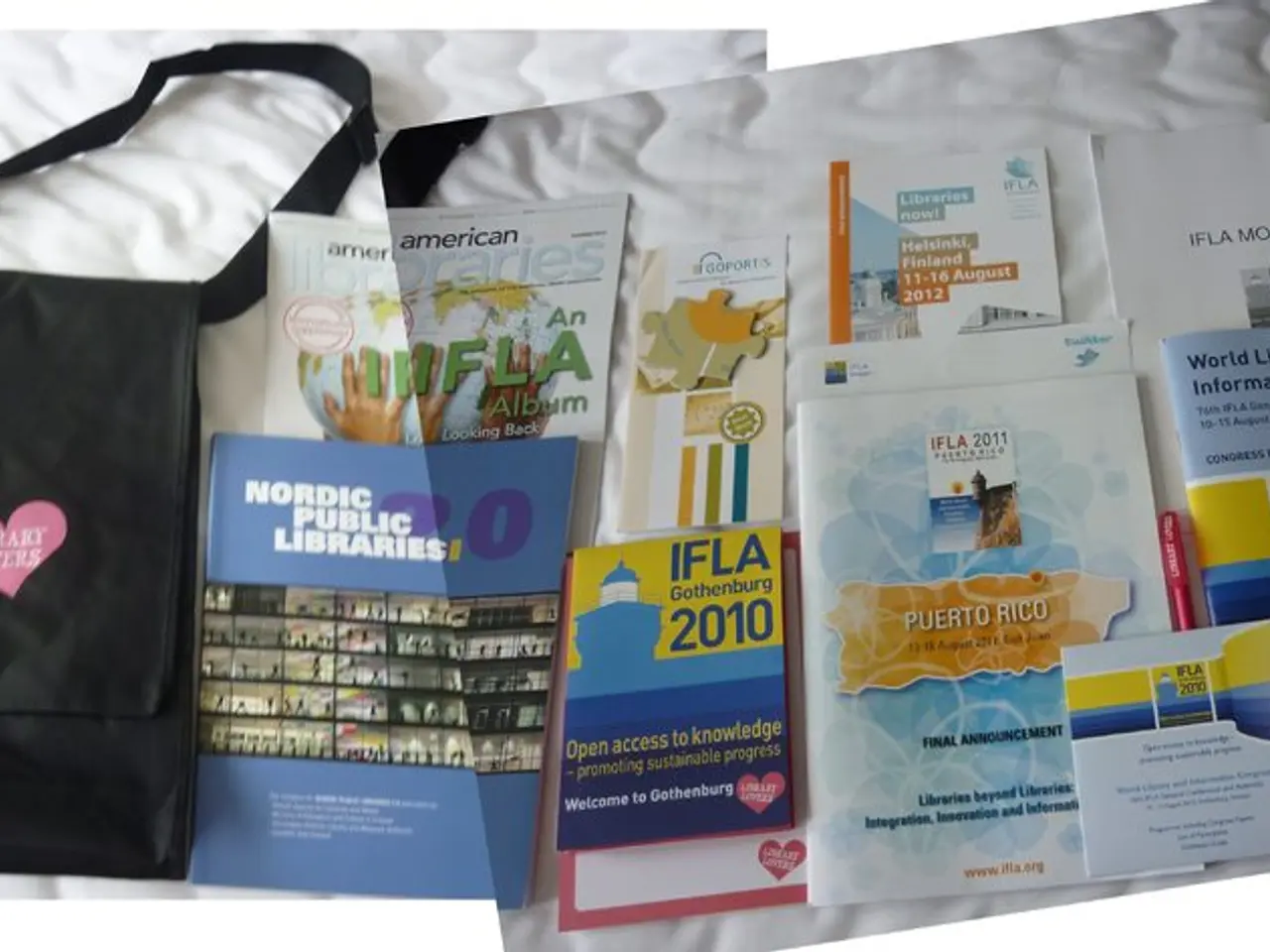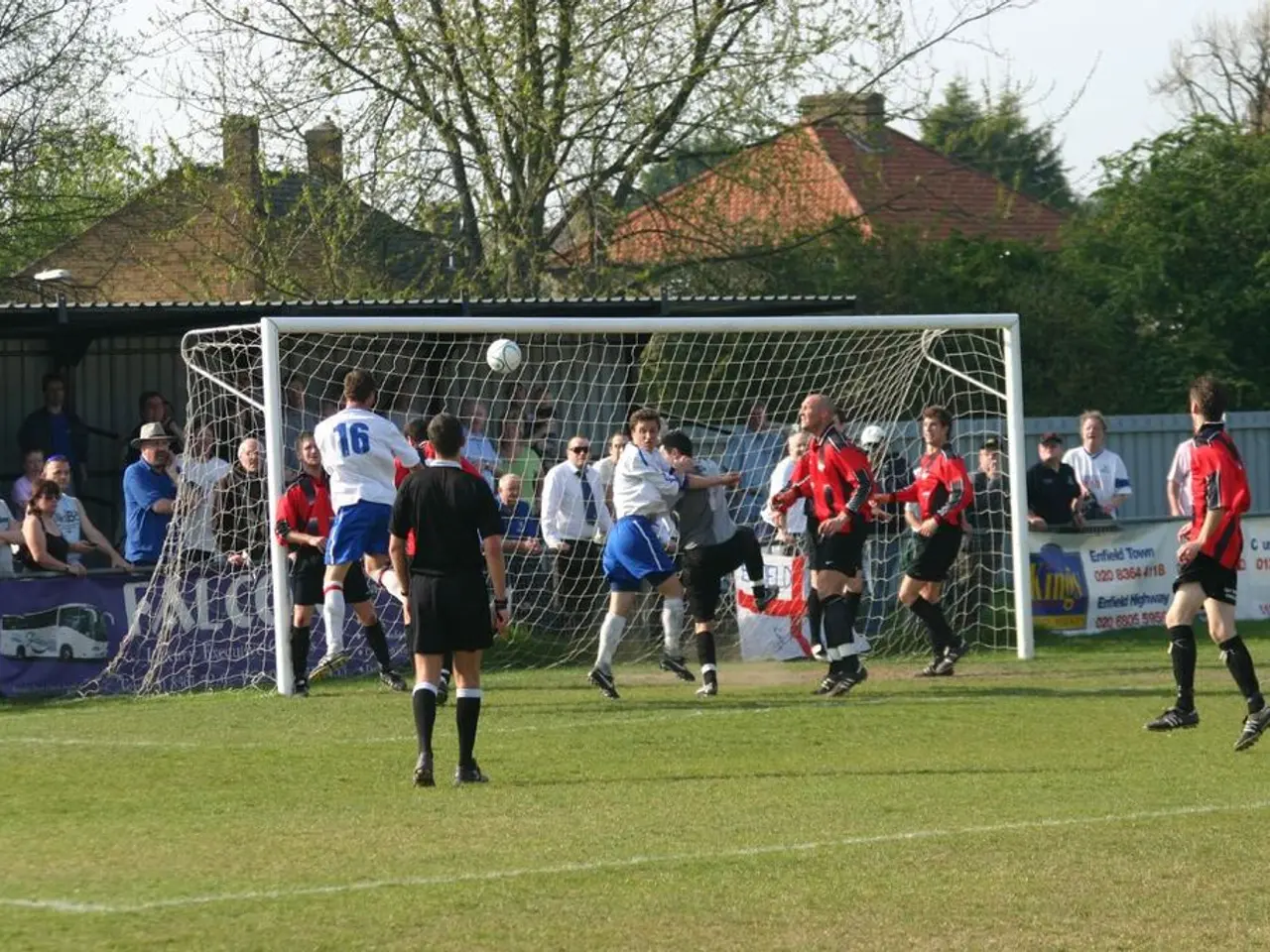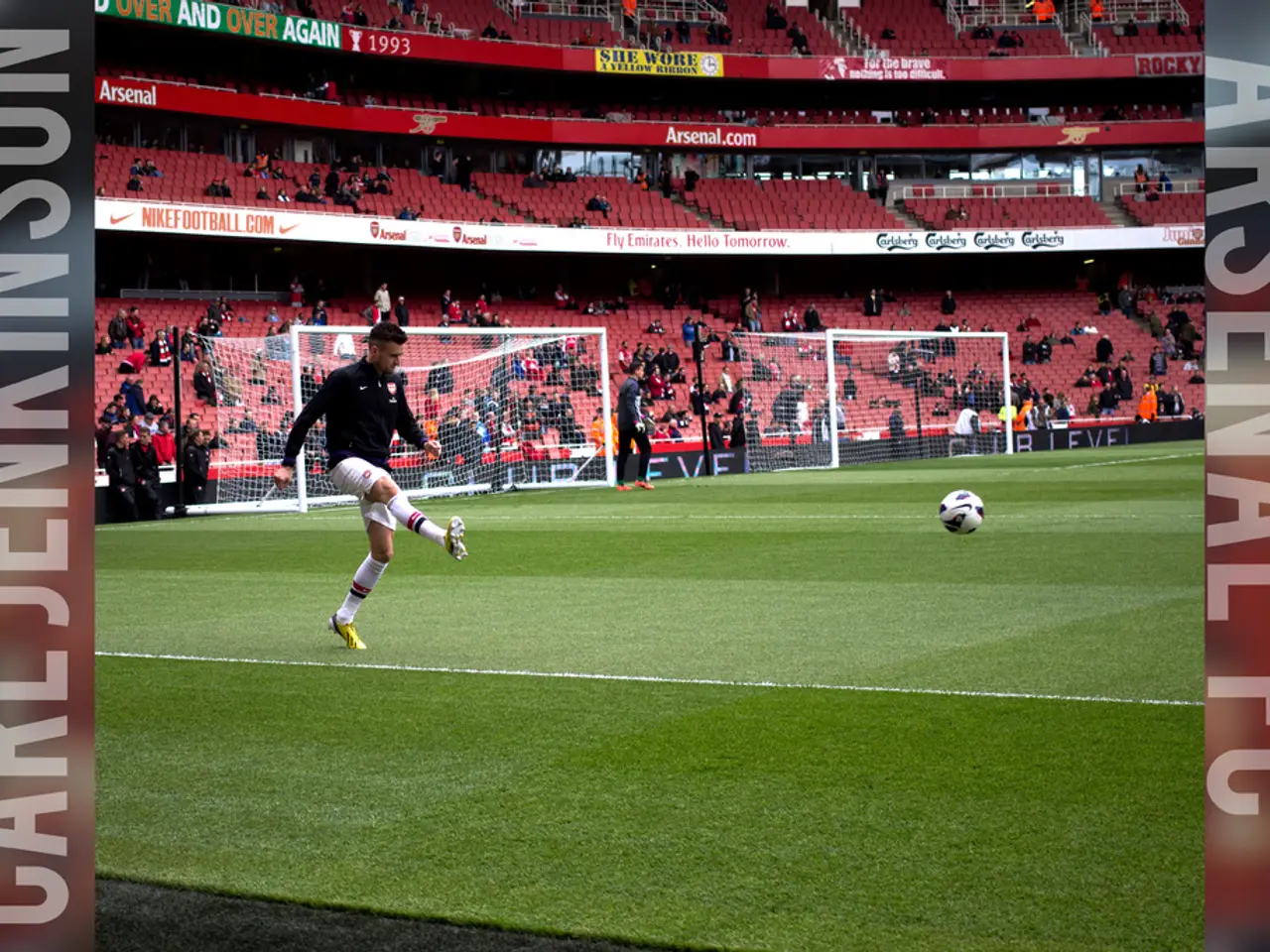Military Deployment Against Drug Cartels in Latin America Ordered by Trump - Military action by Trump against drug cartels in Latin America
In a significant shift in U.S. policy, the Trump administration has officially designated certain Latin American drug cartels as foreign terrorist organizations (FTOs), marking a new era in the "war on drugs."
The designation, which came in early 2025, followed an executive order signed by President Trump on his inauguration day, authorizing the State Department to designate various cartels and transnational gangs as FTOs. By early 2025, eight gangs had been designated, such as MS-13 and Tren de Aragua based in Venezuela.
This designation allows the U.S. government to use broader counterterrorism tools, including military force overseas, to combat these organizations. A secret directive signed by Trump authorizes Pentagon use of military force on foreign soil, including Latin America, against these designated cartels.
The designation also facilitates the use of intelligence, defense, and financial sanctions tools against these organizations overseas. The Treasury Department, for instance, designated Venezuela-based Cartel de los Soles as a "Specially Designated Global Terrorist" group linked to high-level Venezuelan officials, with enhanced sanctions aimed at disrupting their operations supporting terrorism threatening U.S. security.
The policy has provoked strong opposition from Latin American leaders. Mexican President Claudia Sheinbaum explicitly condemned any U.S. military presence in Mexico, affirming no invasion would be permitted and emphasizing cooperation over unilateral action.
Alongside foreign assignments, the Trump administration deployed National Guard troops and active-duty Marines to U.S. cities such as Los Angeles to assist with immigration enforcement, reflecting a domestic facet of the strategy against cartel-associated crime.
Concurrently, authorities in the U.S. and Mexico have extradited fugitives linked to "foreign terrorist organizations" as part of broader enforcement efforts linked to the designations.
The designation of drug cartels as terrorist organizations elevates these groups from being solely drug trafficking groups to armed terrorist organizations. This shift has been described as a threat to the national security of the USA to an extent beyond the dangers posed by "traditional organized crime."
The New York Times and WSJ have reported on the possibility of U.S. military intervention against cartels. However, the White House has not confirmed these reports, but Vice-Spokeswoman Anna Kelly stated that Trump's top priority is the protection of the homeland.
The inclusion of these cartels in the U.S. Department of State's terrorist list allows the United States to impose severe economic sanctions on these groups, as well as associated individuals and entities. A significant portion of the weapons used by criminal groups in Mexico come from the United States.
This move represents a significant escalation in the "war on drugs," blending counterterrorism and military frameworks against criminal networks while igniting diplomatic tensions with affected Latin American countries.
[1] New York Times, WSJ, and other sources [2] ABC News, CNN, and other sources [3] BBC News, Reuters, and other sources [4] The Guardian, The Washington Post, and other sources
- Senator Marco Rubio, in a statement to the media, expressed concerns about the Trump administration's designation of drug cartels as foreign terrorist organizations, stating, "This could potentially destabilize regions and escalate conflicts, especially in South America."
- The designation of drug cartels as terrorist organizations was met with criticism from many media outlets, such as the New York Times, WSJ, and The Washington Post, which argued that the decision might lead to a expansion of the 'war on drugs' beyond the scope of traditional law enforcement.
